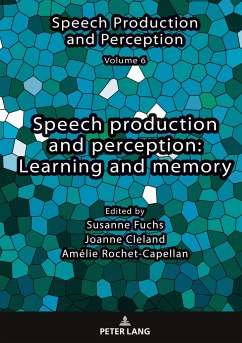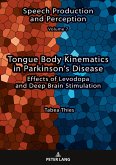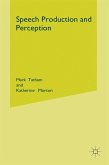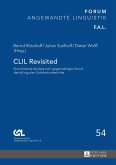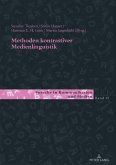Learning and memory processes are basic features of human existence. They allow us to (un)consciously adapt to changes in our social and physical environment in a variety of ways and may have been a precursor for survival in human evolution. Through several reviews and original work the book focuses on three key topics that enhanced our understanding of the topic in the last twenty years: first, the role of real-time auditory feedback in learning, second, the role of motor aspects for learning and memory, and third, representations in memory and the role of sleep on memory consolidation.
The electronic version of this book is freely available, thanks to the support of libraries working with Knowledge Unlatched. KU is a collaborative initiative designed to make high quality books Open Access for the public good. More information about the initiative and links to the Open Access version can be found at www.knowledgeunlatched.org
The electronic version of this book is freely available, thanks to the support of libraries working with Knowledge Unlatched. KU is a collaborative initiative designed to make high quality books Open Access for the public good. More information about the initiative and links to the Open Access version can be found at www.knowledgeunlatched.org

